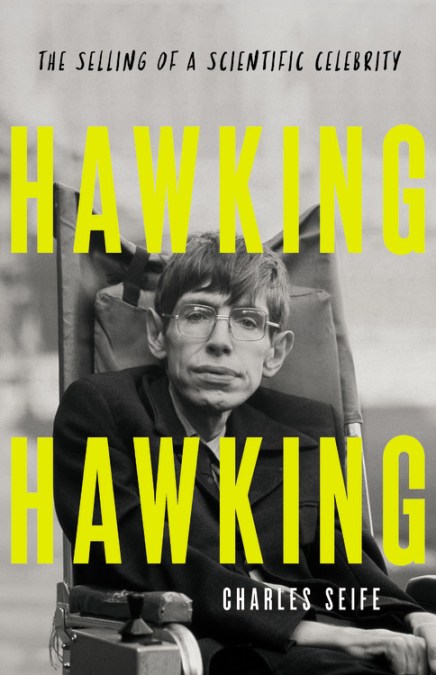
So far, it feels like an honest evaluation:
Once he assumed the mantle of a prophet in the late 1980s, Stephen Hawking would never be ignored. His books were all but guaranteed to sell, whether or not they were well written or even comprehensible. His lectures were typically sold out, with hopefuls packing the aisles to try and get a better look at the famous physicist. He could command an audience like no other scientist; the press and the public would hang on his every word—even when those words didn’t have anything to do with his work on black holes or cosmology, or even betray any deep insight or knowledge.
Hawking managed to convince the public that his opinion always mattered. “[H]is comments attracted exaggerated attention even on topics where he had no special expertise,” wrote Martin Rees, a close friend and colleague of his, “for instance philosophy, or the dangers from aliens or from intelligent machines.” His overweening confidence—and his stubbornness—cost him respect from many of his colleagues, especially late in his career.
Perhaps the most difficult aspect of Hawking’s transformation into a celebrity, however, was entangled with his disability.
Charles Seife, “The Myth of Stephen Hawking” at Scientific American
But sadly, we never know what the Raging Woke of Cancel Culture, sentenced by a just judgment to endless, visible mediocrity themselves, will try to do.
Note: Yes, Seife has a book just out, Hawking Hawking: The Selling of a Scientific Celebrity (2021).